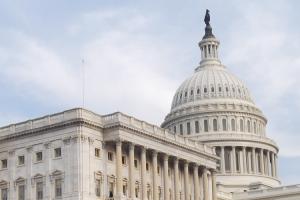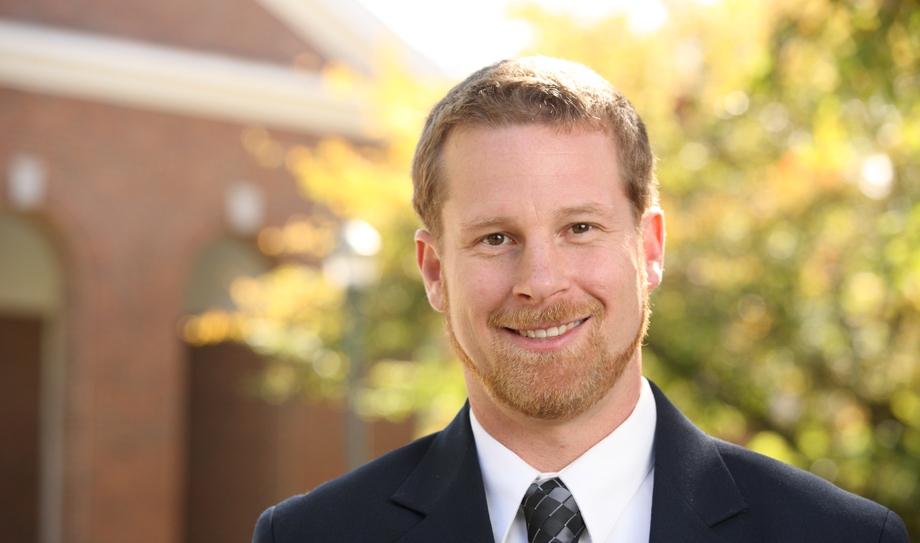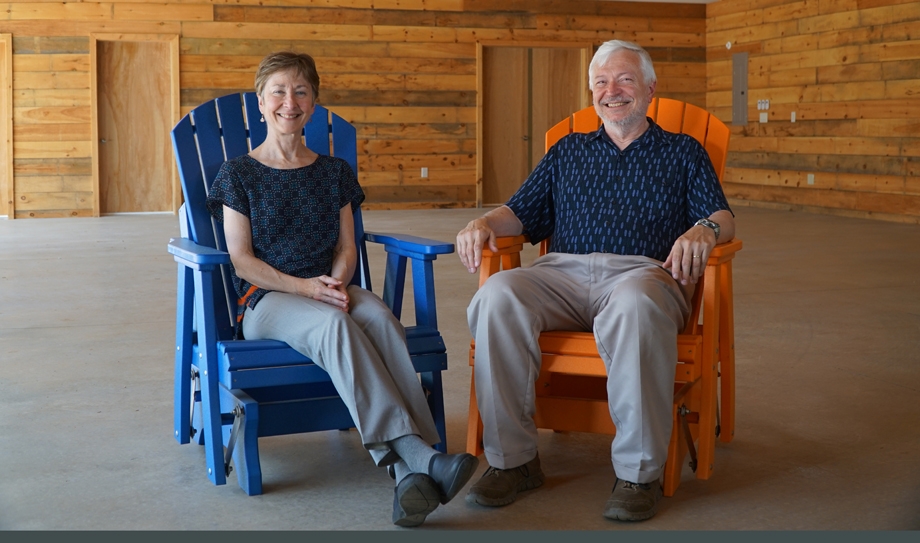
Thomas Lam, a fourth-year civil engineering major, spent 10 weeks this summer in the Mars Exploration Program at NASA’s Washington headquarters. Among his projects on the Mars Reconnaissance Team, Lam contributed to a report on rocket propulsion systems, worked on newsletter communications about water and ice mapping efforts — knowledge that will be critical to humans eventually landing on the Red Planet — and supported discussions on the Martian atmosphere and weather.
During those same 10 weeks, Rawan Osman, a fourth-year electrical engineering major, worked for the U.S. Agency for International Development learning how the government agency uses digital technology to improve humanitarian-assistance outcomes. Familiar with power intermittency in her family’s home country of Sudan, Osman wanted to focus on energy production and distribution in places coping with frequent outages. Osman’s internship was supported by the Barbara and Dudley White Scholarship, awarded for her excellence in electrical engineering and focus on policy applications in this field.

What these students, despite their disparate summer projects, have in common is the Policy Internship Program at the University of Virginia’s School of Engineering and Applied Science. The students who participated in 2021 — year 20 of the highly regarded program — presented summaries of their internship activities at an annual closing symposium at the end of the summer.
Rider Foley, associate professor of science, technology and society in the UVA Department of Engineering and Society, in his first year as the director of the Policy Internship Program, introduced the students and invited questions from the audience.
Several alumni of the program attended the online event, along with the program’s former director and UVA alumnus Andrew Reynolds (B.A. in international relations, 1973), and alumni supporters Barbara (B.S. in aerospace engineering, 1981) and Dudley White (B.S. in electrical engineering, 1976; M.S. 1977).
Chris Sasiela of the National Institutes of Health also was there and could be counted on to ask the students follow-up questions. Sasiela mentored and hosted third-year biomedical engineering and economics major Anne Felipe as an intern in the NIH’s Office of Small Business Education and Entrepreneurial Development in the Office of Extramural Research. Sasiela leads the Innovator Support Team in the office, known as SEED, providing academic and small businesses product developers with subject matter expertise consultations to support their development of novel therapeutic, device and diagnostic technologies.
The Policy Internship Program combines coursework focused on communications and policy analysis skills with hands-on internships alongside high-level science and technology policymakers in Washington, D.C. Over the past two decades, students have worked in congressional offices, the White House Office of Science and Technology Policy, National Science Foundation, European diplomatic agencies, the World Bank, and many think tanks and nonprofits. The goal of the program is to encourage today’s science and engineering leaders-in-training to explore careers in public service and policymaking.
The interns applied their technical training in the course of their responsibilities, which often entailed review and analysis of scientific literature and the use of data analytics, along with written and oral presentations for the policy teams they served.
Working for the Environmental Law Institute’s Innovation Lab, a team focusing on the environmental implications of the digital economy and emerging technology, third-year economics and computer science major Andrew Li compiled a bibliographic analysis on artificial intelligence and the environment. Bibliographic analyses entail combing publicly available publications to extract meaningful patterns, Li said.
“I used a lot of data analysis tools to collect, clean and analyze data, and I was really happy to be able to leverage some of my computer science background and mix that with research and writing experience,” Li said.
"I used a lot of data analysis tools to collect, clean and analyze data, and I was really happy to be able to leverage some of my computer science background and mix that with research and writing experience."
Lena Keesecker, a third-year chemical engineering major, learned how the Government Accountability Office serves Congress and the nation while an intern on the watchdog agency’s Science, Technology Assessment and Analytics Team. She worked on assessments of technologies for cleaning up perfluoroalkyl and polyfluoroalkyl substances, a widely used class of chemicals known as PFAS that are extremely persistent once they enter the environment. Her work will contribute to the GAO’s ongoing research and reporting to Congress on this issue.
Reynolds, the former Policy Internship Program director, asked Keesecker if the experience made her want to consider a public service role at some point.
“Definitely, I really enjoyed my time at GAO,” Keesecker said. “I especially appreciate the direct application that GAO’s published reports have to help Congress make decisions.”
Osman too saw how her employer’s work benefits people in real ways, particularly through a project providing guidance for USAID client countries that want to expand energy projects to serve more people.
“I thought this document was really cool because it enables people to make smarter decisions when they don’t come from an engineering or technology background,” Osman said.
“I also appreciated that there were a lot of social reflections on the communities that we’re serving and how to be equitable and inclusive,” said Osman, who concluded her summary with a surprising takeaway. “We started a lot of meetings listening to Whitney Houston and Elton John, and I just didn’t expect there to be such a fun and uplifting atmosphere in these meetings.”

Dudley White thanked the students for establishing UVA as a source of talent, noting that one goal of the program is to fill seats in Congress, but it’s not the main goal.
“I am happy if you get into a position where you’ve strongly influenced public policy,” said Dudley, who with his wife committed $6.1 million in 2019 to support the Policy Internship Program and other UVA Engineering needs. “My wife and I feel like the government is too full of lawyers and historians. It’s the engineers who will solve the problems of the environment, medical, energy and all those kinds of issues. We need engineers in government to make public policy decisions.”
Foley closed the symposium on a similar note, stressing the contributions students can make in the future.
“I just hope the experiences you’ve had here have introduced you to some different career paths and understandings of what opportunities are out there,” Foley said. “I agree with Dudley, there’s a sentiment that either government doesn’t work or it doesn’t work for us, but once you get inside of it, you understand that these are real people trying to solve real problems, and there’s a lot of good work to be done.”
Here’s a complete list of the 2021 policy interns and the agencies they worked for:
Hannah Boyles, fourth-year aerospace engineering major and English minor
American Energy Society
Anne Felipe, third-year biomedical engineering and economics major
Small Business Education and Entrepreneurial Development, National Institutes of Health
Isaac Heath, third-year biomedical engineering major
Biomedical Advanced Research and Development Authority
Lena Keesecker, third-year chemical engineering major
Government Accountability Office, Science, Technology Assessment and Analytics Team
Tommy Lam, fourth-year civil engineering major, environmental and water resources track
Mars Exploration Program, Mars Reconnaissance Team, NASA Headquarters, Planetary Science Division
Andrew Li, third-year economics and computer science major
Environmental Law Institute, Innovation Lab
Madaline Marland, third-year chemical engineering major
American Council for an Energy-Efficient Economy
Rawan Osman, fourth-year electrical engineering major
U.S. Agency for International Development
Alex Partridge, fourth-year civil engineering major, environmental and water resources track
American Society of Civil Engineers